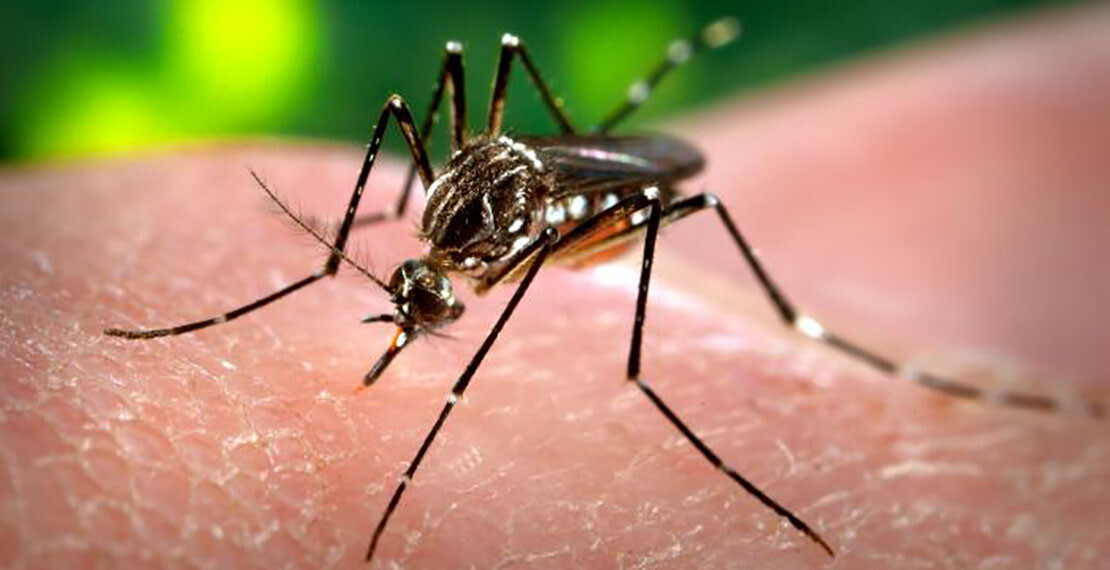Scientists predict spread of tropical mosquitoes

A group of international scientists, including researchers from the Institute of Tropical Medicine (ITM), studied the influence of mobility and climate change on the spread of mosquitoes that can transmit tropical viruses such as dengue, yellow fever, chikungunya and Zika. In the prestigious scientific magazine Nature Microbiology, the researchers present a series of predictive maps of areas where the Aedes aegypti and Aedes albopictus (the tiger mosquito) are likely to settle in the future. These tropical mosquitoes will probably also become more common in Belgium. According to the researchers, the maps can be used to improve successful vector control activities.
“The study shows, among other things, that the tiger mosquito could become widely established in our region. This certainly demonstrates the importance of monitoring exotic mosquitoes in Belgium," said ITM researcher Dr Wim Van Bortel who provided European data for the study.
In recent years, Aedes mosquitoes have gained a foothold in all continents, causing several major epidemics. Zika became world news in 2016, because the virus infected millions of people in Latin America. ITM researchers monitor the presence of these exotic mosquitoes in Belgium.
The scientists used two methods in their study. On the one hand, they made projections of how mosquitoes adapt to changes in climate and environment. On the other, they used models based on existing data about intercontinental passenger and freight transport, to simulate the distribution of mosquitoes. With this information, the researchers projected the expected future spread of Aedes aegypti and Aedes albopictus in 2020, 2050 and 2080. For this purpose, they used three different scenarios of how emissions of greenhouse gases could develop.
The maps can be used for more targeted planning to monitor and control of these mosquitoes and help prevent the spread of vector-borne diseases.
"Over the last decades, the tiger mosquito’s estimated rate of expansion in Europe is about 100 km per year. Our recent findings in parking lots in the south of Belgium are probably a first indication that the mosquito has reached our country from regions where it is already firmly established, "said Van Bortel.
A few tiger mosquitoes in Belgium does not necessarily mean that we are on the verge of a viral outbreak, but if the mosquito population increases, so does the likelihood of local transmission events. Tropical viruses such as dengue and chikungunya usually enter the country via an infected traveler from abroad. France and Italy have already been confronted with local outbreaks in recent years.
Link
- Past and future spread of the arbovirus vectors Aedes aegypti and Aedes albopictus in Nature microbiology
Spread the word! Share this story on









